How to Increase the Longevity of Ovens, Stoves, and Ranges
Ovens, stoves, and ranges are essential components of any kitchen, and proper care can significantly extend their lifespan.
Maintaining kitchen appliances is crucial for their longevity and optimal performance. Ovens, stoves, and ranges are essential components of any kitchen, and proper care can significantly extend their lifespan. This blog post explores effective strategies to maximize the durability of these vital appliances.
Regular cleaning
Keeping ovens, stoves, and ranges clean is fundamental to their longevity. Routine cleaning stops the buildup of food particles, grease, and other debris that can result in damage over time. For ovens, wiping down the interior after each use and performing a deep clean monthly is recommended. Stove burners and drip pans should be cleaned weekly, while the stovetop itself requires daily attention. Ranges benefit from similar cleaning routines, with special attention paid to both the oven and stovetop components.
When cleaning, use gentle, non-abrasive cleaners and soft cloths to avoid scratching surfaces. For stubborn stains, a mixture of baking soda and water can be effective without causing damage. Always consult the manufacturer's guidelines for specific cleaning instructions, as some appliances may have unique requirements.
Proper usage
Using appliances correctly is key to maintaining their longevity. Avoid overloading ovens with heavy dishes or placing foil on the bottom, as these practices can damage heating elements. For stoves, use appropriate cookware that fits the burner size to prevent heat distribution issues. When using ranges, be mindful of both the oven and stovetop components, following best practices for each.
Preheating ovens only when necessary and avoiding excessive temperatures can reduce wear on heating elements. For gas stoves and ranges, maintaining a clean flame is important; a blue flame indicates proper functioning, while a yellow flame suggests a need for adjustment or cleaning.
Regular maintenance
Scheduling regular maintenance checks can prevent minor issues from escalating into major problems. Professional appliance maintenance services can identify potential issues early, saving money on costly repairs or replacements in the long run. These services typically include inspecting electrical connections, checking gas lines for leaks, and calibrating temperature controls.
For DIY maintenance, regularly checking and replacing oven door seals can improve energy efficiency and prevent heat loss. Cleaning or replacing stove burners and igniters as needed helps maintain consistent heating. Ranges often benefit from a combination of oven and stove maintenance techniques.
Energy efficiency considerations
Operating appliances efficiently reduces energy costs and contributes to their longevity. Using the appropriate oven rack position for different dishes can optimize cooking times and reduce unnecessary strain on the appliance. For stoves, matching pot sizes to burner sizes improves energy efficiency and prevents overworking specific burners.
Utilizing features like convection settings in ovens can reduce cooking times and energy consumption. Similarly, using lids on pots and pans when cooking on stovetops helps retain heat and reduce cooking duration.
Timely repairs
Promptly addressing issues is crucial for preventing further damage and extending appliance lifespan. Common signs that repairs may be needed include uneven heating, unusual noises, or failure to reach desired temperatures. For ovens, a faulty thermostat or heating element can lead to inconsistent cooking results. Stoves may exhibit issues with burners not igniting or producing weak flames. Ranges might display a combination of these problems affecting both the oven and stovetop components.
When issues arise, consulting a professional appliance repair service is often the safest and most effective solution. Attempting complex repairs without proper knowledge can lead to further damage or safety hazards, particularly with gas appliances.
Proper storage and handling
For appliances that are not built-in, proper storage and handling can significantly impact their longevity. When moving ovens, stoves, or ranges, care should be taken to lift them properly and avoid dragging, which can damage both the appliance and the floor. If storing these appliances for any period, choosing a clean, dry location is essential to prevent rust and other moisture-related issues.
For seasonal homes or kitchens that see infrequent use, properly preparing appliances for periods of disuse is important. This process may involve thorough cleaning, disconnecting gas or electrical connections, and covering appliances to protect them from dust and debris.
Upgrading components
Periodically upgrading certain components can breathe new life into aging appliances. For ovens, replacing worn heating elements or faulty temperature sensors can restore optimal performance. Stoves benefit from new burners or igniters when old ones become less efficient. Ranges may require a combination of these upgrades to maintain both oven and stovetop functionality. While some upgrades can be performed by homeowners, others may require professional assistance.
By implementing these strategies, the lifespan of ovens, stoves, and ranges can be significantly extended. Regular cleaning, proper usage, timely maintenance, and addressing repairs promptly are key factors in preserving these essential kitchen appliances.
Freedom Appliance of Tampa Bay has 13 years experience in providing professional refrigerator and freezer repair, dishwasher repair, microwave repair, oven, stove, and range repair, washing machine and dryer repair, and other small appliances repair. We also specialize in kitchen and laundry appliance installation and dryer duct cleaning. .Call 813-302-7672 today!

